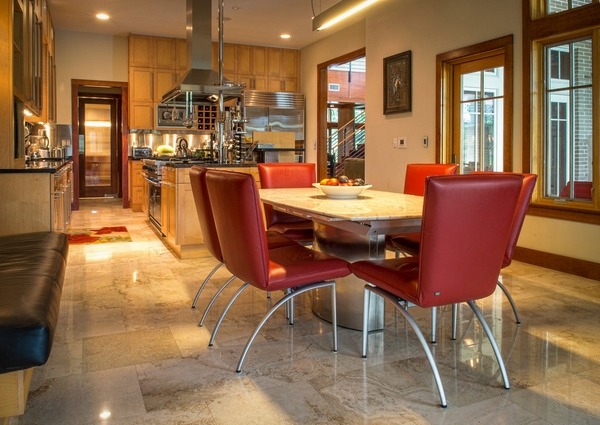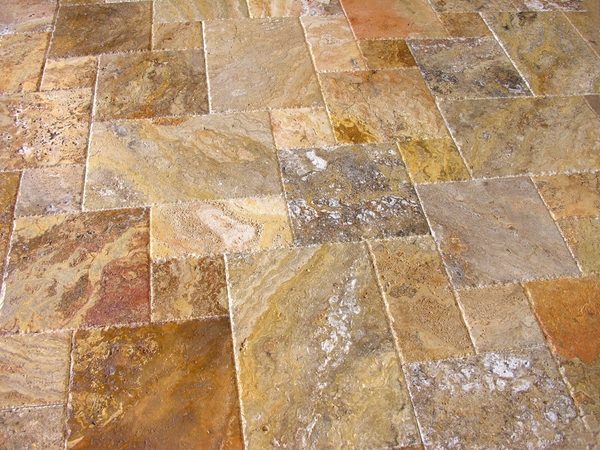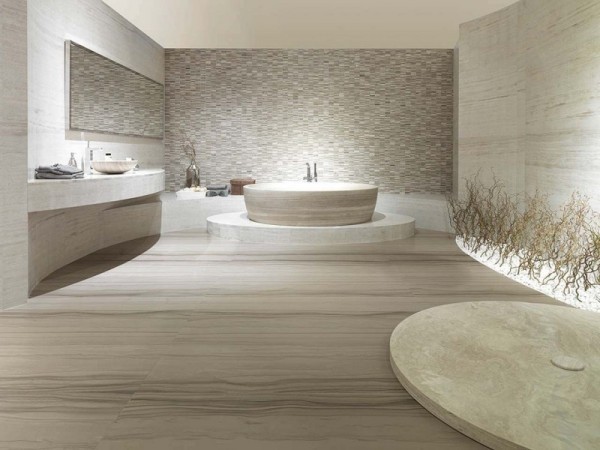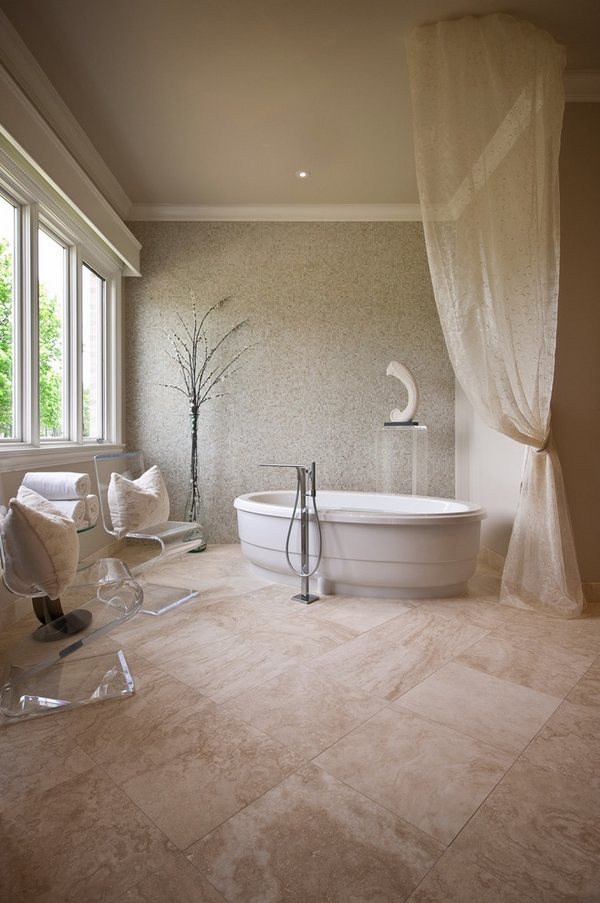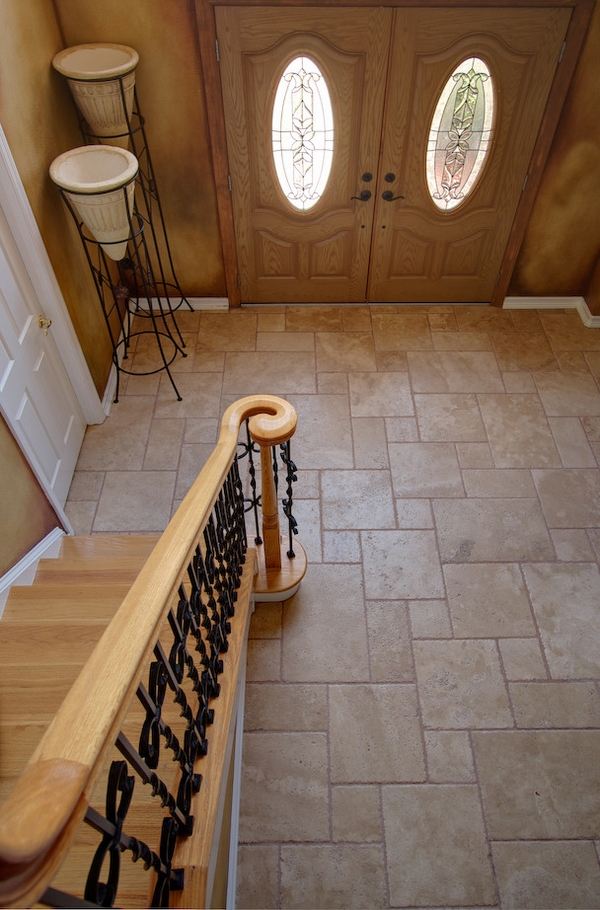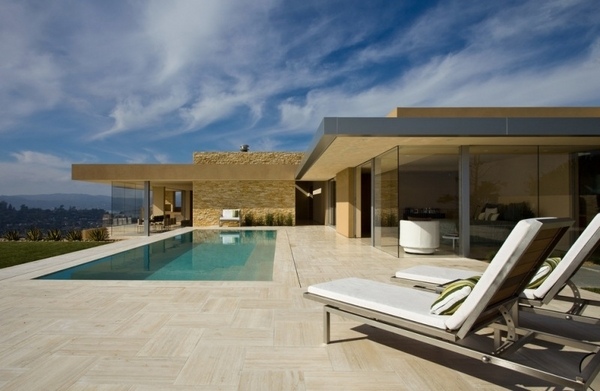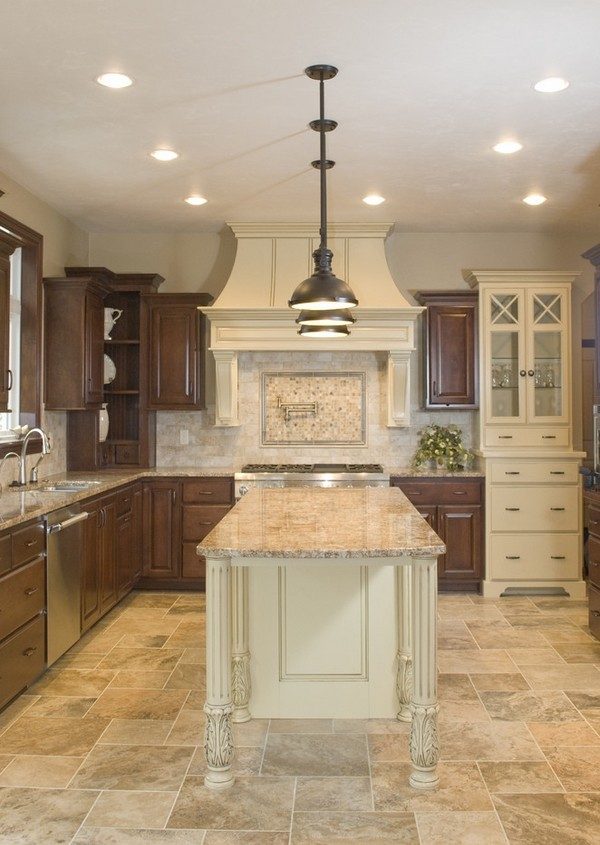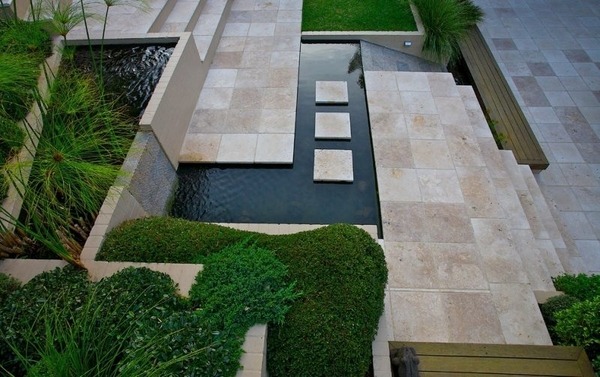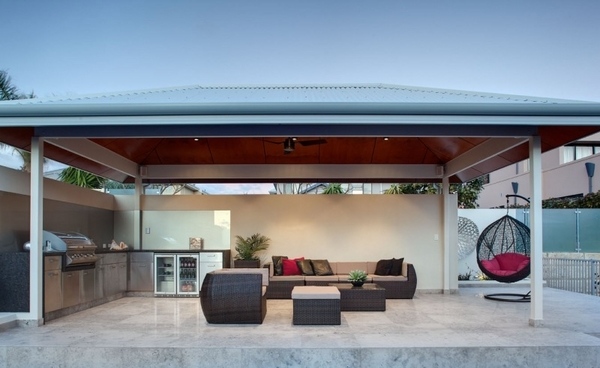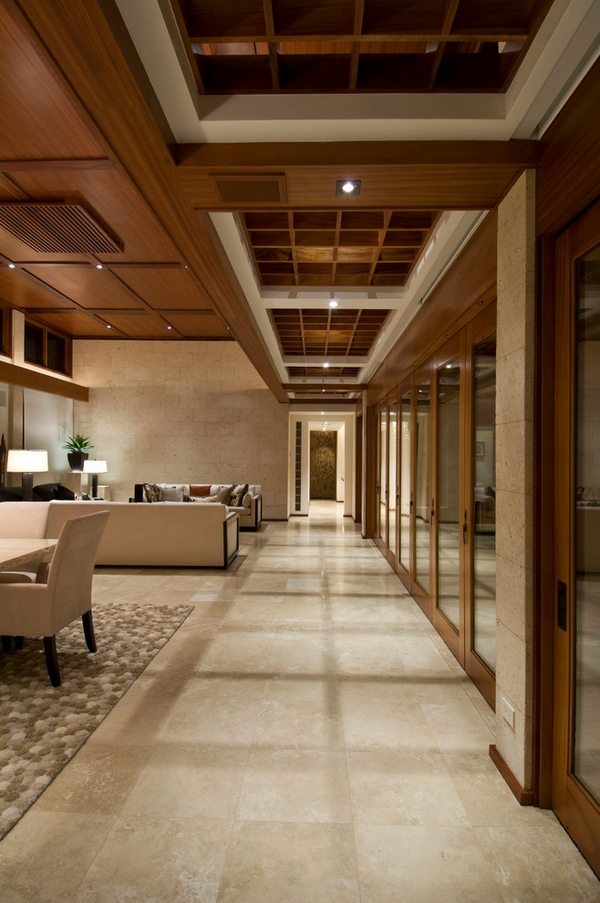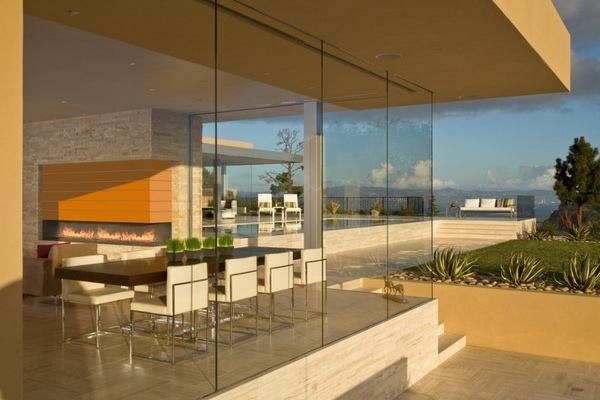Travertine flooring is widely popular and used both indoors and outdoors. The tiles have a fascinating appearance with a yellowish-brown coloration, attractive grain and a pleasant feel. You can find it in different finishes and it can add a modern, classic or rustic look and create a homely atmosphere. It is important to know that this is a natural rock formed in hot springs and/or limestone caves.
Many people mistake travertine with limestone or marble, but it is easily recognized by the holes within the stone caused by the evasion of carbon dioxide. It is widely used all over the world for flooring, countertops, backsplashes and other surfaces.
Why choose travertine flooring – the pros
To begin with – one of the biggest advantages is the wide array of colors which makes travertine flooring a unique feature which is worth the investment as it adds a great deal of value to the property.
The natural veining of the stone gives it a unique pattern. It can be found in different shades, depending on the presence of iron – from ivory, to beige, to reddish brown, and even gold. The different finishes – polished, matte, brushed, or tumbled – give the stone a fascinating appearance. While polished travertine strongly resembles marble, the brushes and tumbled finishes give the stone a more antique look.
Although often compared with marble and porcelain, travertine is much easier to cut and shape. Replacing a tile is much easier because the chances to find a tile that matches the existing floor are quite big.
This flooring is environmentally friendly as it is a natural material, unlike porcelain, for example and travertine tiles do not go through a manufacturing process.
Why choose travertine flooring – the cons
Porosity is one of the main disadvantages. The stone naturally has many holes and the surface wears and tears with time. Travertine flooring requires some attention in terms of maintenance and you may need to fill the holes from time to time.
Travertine is highly reactive to acidic liquids. An accidental spill of lemon juice, vinegar or even orange juice will stain the floor and will lead to etching. A sealant can help you protect your tiles but any liquids should be wiped as soon as possible and before soaking into the stone.
Suitable for both indoor and outdoor use
An excellent choice for the garden deck
Tile flooring in a modern interior
Outdoor kitchen design
A smooth transition between indoor and outdoor space
Stylish and elegant flooring

